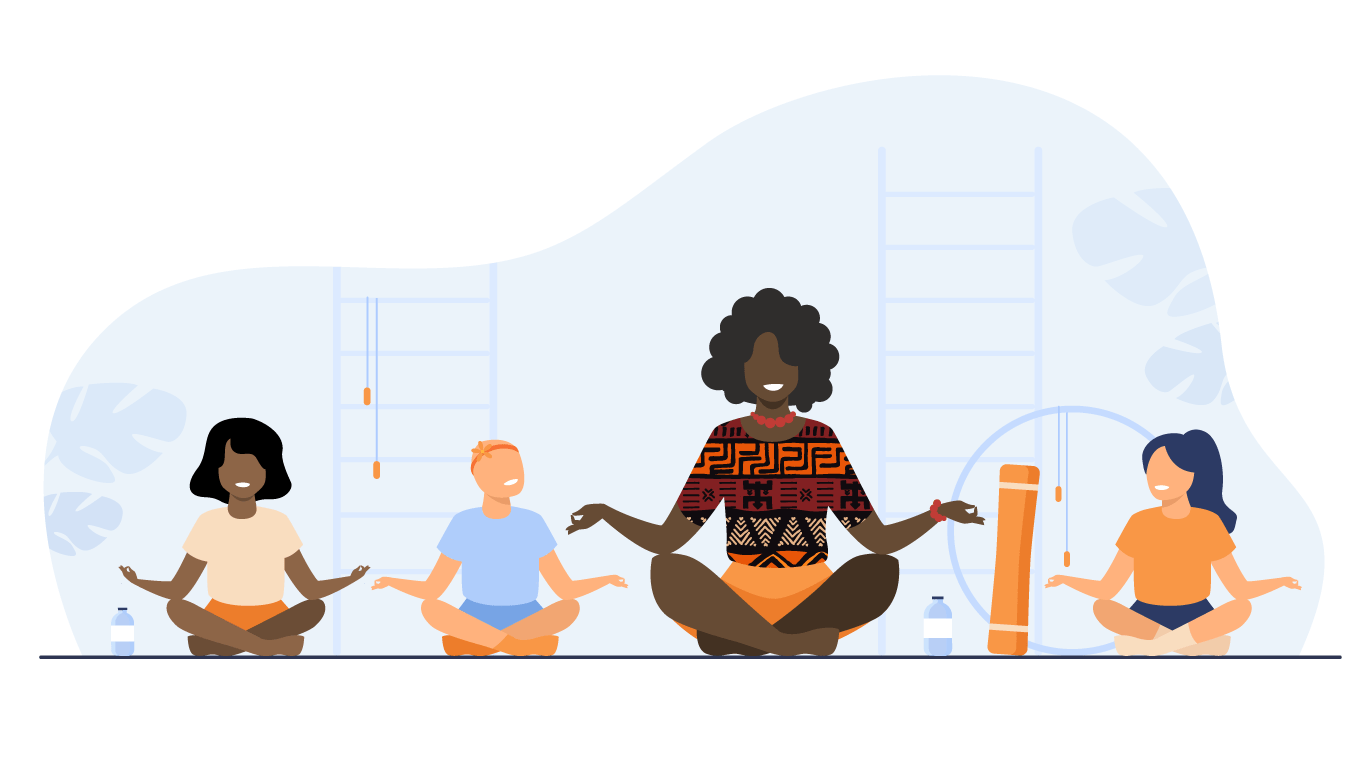Personal Health and Wellbeing

Overview
Staying healthy is important for feeling good and having lots of energy. It means doing things like:
- exercising,
- eating good food,
- getting enough sleep, and
- looking after your mental health.
Usually when you exercise, your muscles get stronger, and your heart gets healthier. Eating a balanced diet gives your body the vitamins and minerals it needs to work well. Sleeping the right amount of hours helps you feel rested and ready for the day. Managing stress by doing things you enjoy or relaxing can also help you stay healthy.
This page links to useful pages that aim to help keep your body and mind healthier.
Physical Health and Practical Support
This website has a page for physical health and practical support. The page includes support for topics such as:
- Physical fitness and body health
- Healthy eating, diet and food
- Dentists
- Learning disability regsiter
- Annual health checks
- Sexual health, sexuality and relationships
- Online safety
To find out more, visit our Physical Health and Practical Support page.
You can also find lots of physical health and practical support on the 1Space directory:
Mental Health and Emotional Wellbeing
This site has a page about mental health and emotional wellbeing for children and young people. The page includes support for topics such as:
- Depression or low mood
- Anxiety
- Bereavement
- Self help, therapy and counselling
- Crisis and suicide prevention
- Addictions or substance misuse (smoking, gambling, drugs and alcohol)
To find out more, visit our Mental Health and Emotional Wellbeing page.
You can also find lots of mental health and emotional wellbeing support on the 1Space directory:
Glossary of East Sussex SEND Terms
We explain some of the terms used on this website on our page, Glossary of East Sussex SEND Terms.